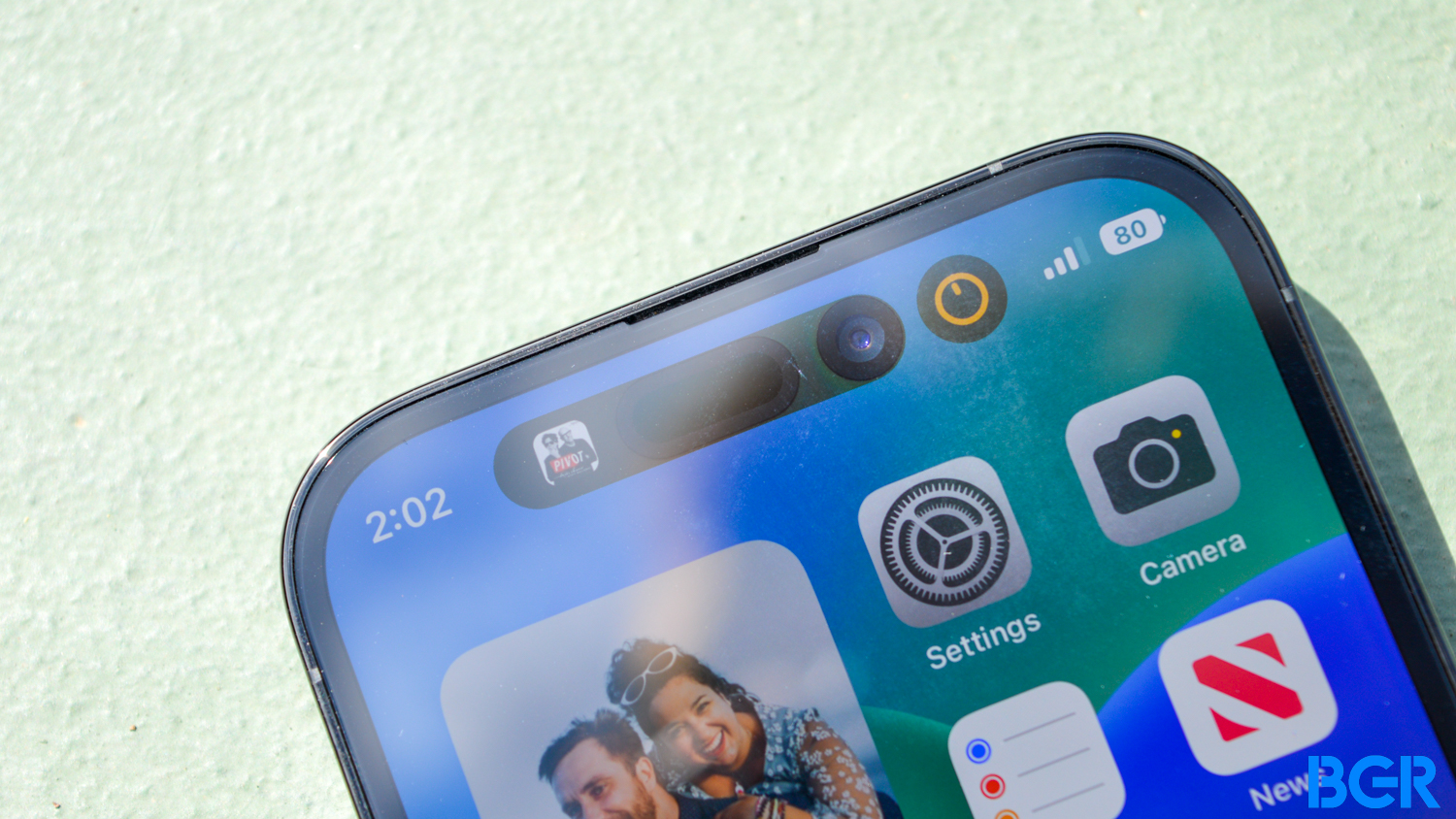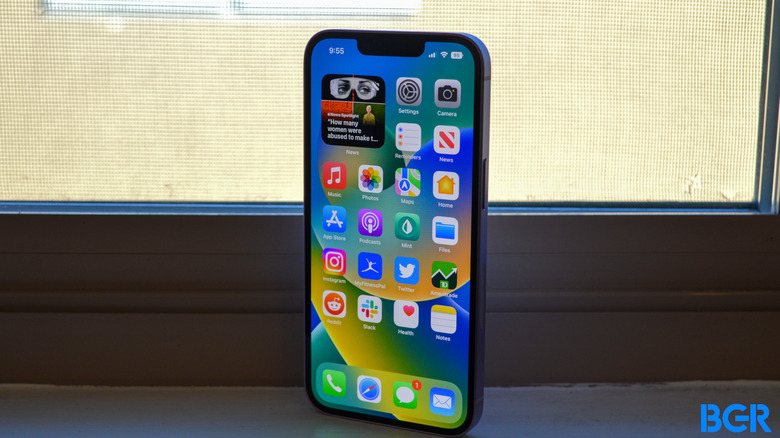EU Could Force An iPhone App Store Change That's Much Bigger Than USB-C
The European Union has recently passed a bill that will force smartphone makers like Apple to use USB-C as the standard charging port on devices sold in the region. The legislation effectively forces Apple to replace Lightning with USB-C on all future iPhones, not just the EU-bound ones. But the region has another piece of legislation in place that could force Apple to make changes to the iPhone that are even bigger than the USB-C switch. The EU might force Apple to support third-party app stores on the iPhone.
The EU's Digital Markets Act (DMA) is the law in question, a piece of legislation the region passed over the summer. But it only took effect on November 1st, and tech giants operating in Europe are yet to experience the consequences.
Effectively, the EU's DMA will impose new rules for the internet to make apps and services more open and interoperable. Apple's App Store for the iPhone and iPad will be one of many pieces of the internet that might have to adapt to the EU's DMA.
Amazon, Google, Meta, and other large tech companies might have to adjust how their digital products work in the EU. And those changes might influence how the products operate worldwide.
"We expect the consequences to be significant," Gerard de Graaf said last week in San Francisco, per Wired. De Graaf is an EU veteran who became the director of a new EU office in San Francisco. Previously, he helped pass the DMA.
De Graaf's new job involves explaining the consequences of the new bill to Big Tech companies in the US.

He mentioned the iPhone's App Store explicitly in his remarks last week. "If you have an iPhone, you should be able to download apps not just from the App Store but from other app stores or from the internet," he said.
Another similar example would be forcing Meta's WhatsApp to support competing apps like Signal and Telegram, Wired explained. Moreover, Amazon, Apple, and Google won't be able to give special preference to their own apps and services.
The changes won't happen overnight, however. The EU still has to decide which companies are "gatekeepers." These are large companies that would be subject to the strictest rules. De Graaf said he expects about a dozen companies to be in that group without naming them. The EU will make an announcement in the spring. Then, the gatekeepers will have six months to comply.
De Graaf also expects lawsuits from Big Tech companies that might have to make significant changes to their apps and services per the DMA rules.
With all that in mind, it might be a while until Apple has to support third-party app store apps on iPhone and iPad. But the EU's DMA isn't the only challenge for Apple's App Store on iPhone.
The company had to deal with plenty of pushback from regulators and developers in recent years. The massive legal battle with Epic Games is one example. Separately, Apple had to implement support for third-party App Store payments in South Korea.
More iPhone coverage: For more iPhone news, visit our iPhone 14 guide.
